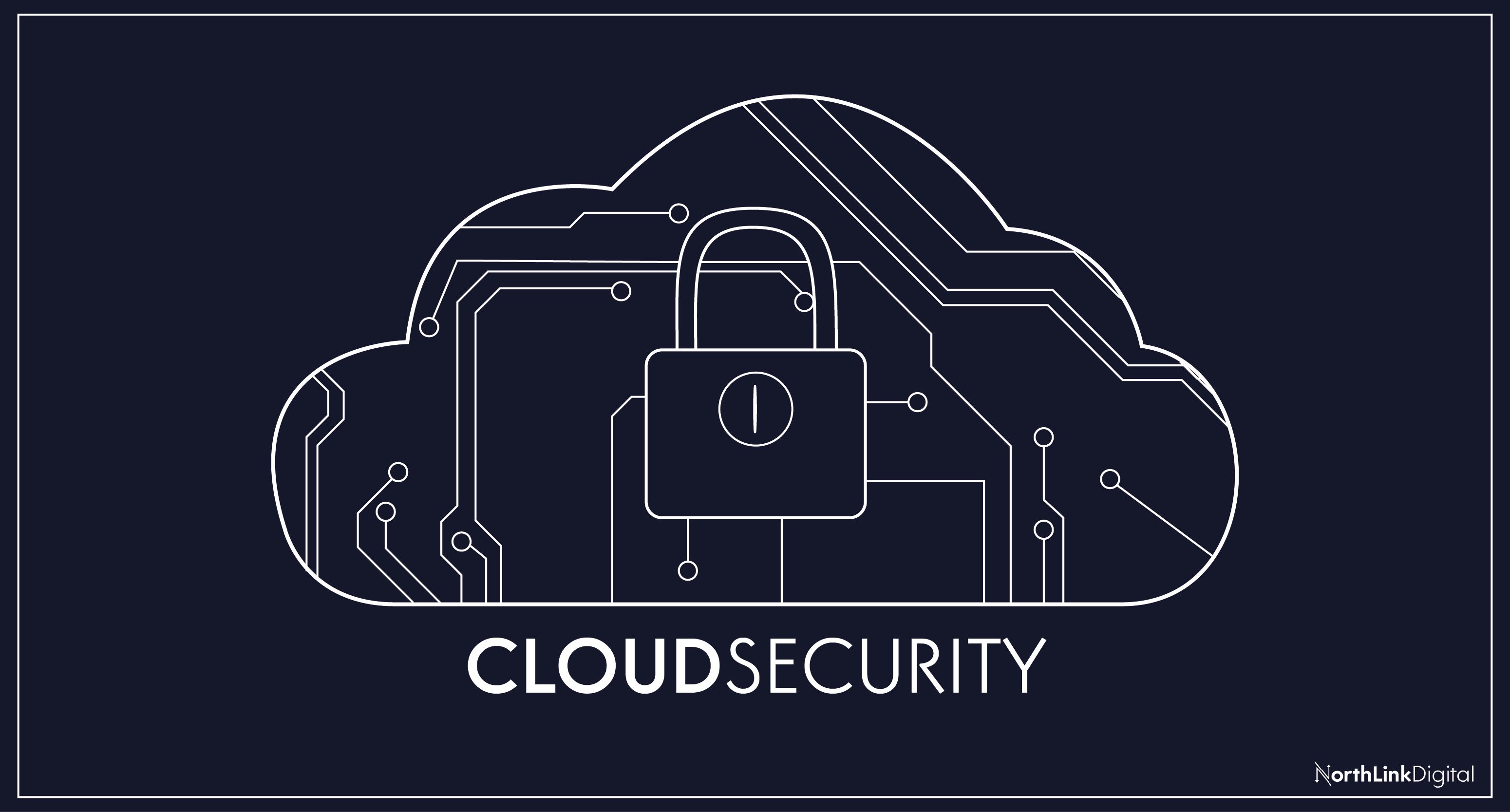No matter how businesses choose to store their data, there will always be a concern for security. Today, third-party cloud storage providers currently manage most web-based data, operating systems, and infrastructure networks for companies worldwide. While cloud storage is currently the most innovative and ubiquitous security solution, entrusting deeply sensitive data to a secreted section of the internet can introduce new questions. Will I be more vulnerable to cyber-attacks? Can I rely on a third-party provider? Just how safe is it?
What is cloud storage/security?
Cloud security is a complex system of controls, policies, and servers, which makes it difficult to give a one size fits all definition. Unlike old methods of storing data on a local hard drive, cloud-based files are delegated remotely. Companies entrust their digital assets to the security of online servers that can be instantly requested, whenever, wherever (so long as you have internet connection) – allowing for increased productivity, speed, and efficiency. The level of security solutions can vary and will need to be established between the company and provider.
Why do we need it?
There is no question that the level of sophistication cloud security offers is by far the safest, cheapest, and most flexible solution in modern technology. The mass-integration of cloud computing is inevitable, paralleled with increasingly advanced methods of cyber-attacks, further safeguarding your database imperative for you and your business.
While many companies feel insecure about cloud storage, with the latest research from (ISC)2 reporting that 93% of organisations feel moderately to extremely concerned about the level of security it provides – there are steps you can take to achieve an impenetrable level of security.
What are the most important strategies to achieve robust cloud security?
Two-factor authentication (2FA) for users
Two-factor authentication is a type of multi-factor authentication, allowing you to verify your identity via a second device i.e smartphone. 2FA is a simple and effective way to curtail hacking attempts such as phishing and credential exploitation.
Limited user access
By limiting the number of services, a user account has access to, if that account is compromised, we can mitigate the damage that can be done in that event. This can not only be achieved on a per-project basis, but also per-service, whereby a project admin could have access to day-to-day services like a web server or a CDN, but a separate user has access to the database.
Separation of services
While hosting different services such as databases and web servers on the same piece of hardware can be seen as more obvious, separating these between different pieces of hardware reduces the number of attack vectors that a bad actor can utilise. For example, if the hardware your web server is hosted on is compromised, your database remains uncompromised. Various techniques can be employed to further secure the connection between these services such as IP whitelisting, and SSL-only access.
Backups - different cloud service
Delegating your database to a secondary, remote location is required to ensure an insurance copy of your virtual or physical files can be backed up safely. Depending on the scope of your data, it’s common for organisations to choose cloud storage to host a backup, mainly due to convenience, cost, and security.
Cloud service posture assessment (CSPA)
Garter reports that 95% of cloud security breaches arise from misconfiguration. Conducting a cloud service posture assessment is the best way for organisations to detect holes within their cloud security system and rectify misconfiguration previously unknown.
Encryption
If you’re dealing with extra sensitive data, it’s worth looking into cloud encryption. While cloud storage vendors provide automatic encryption when dealing with the transference of cloud-based files, encrypting files before you transfer to cloud storage always ensures complete data protection, unable to be decrypted by unauthorised parties.
